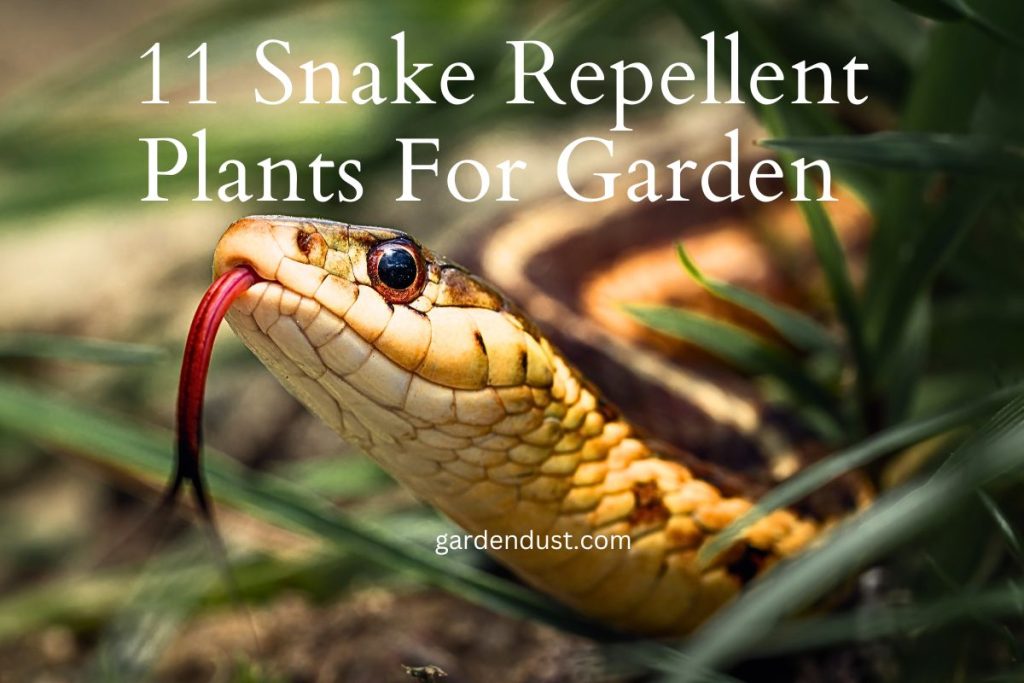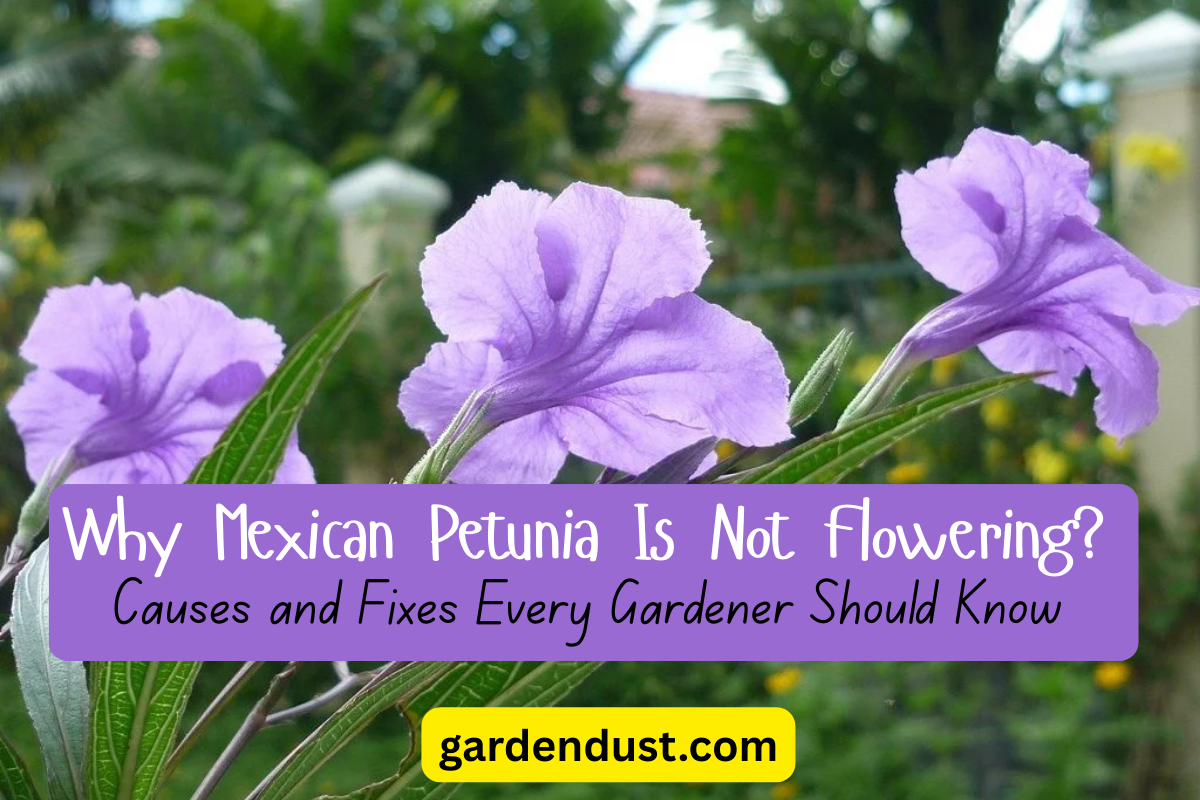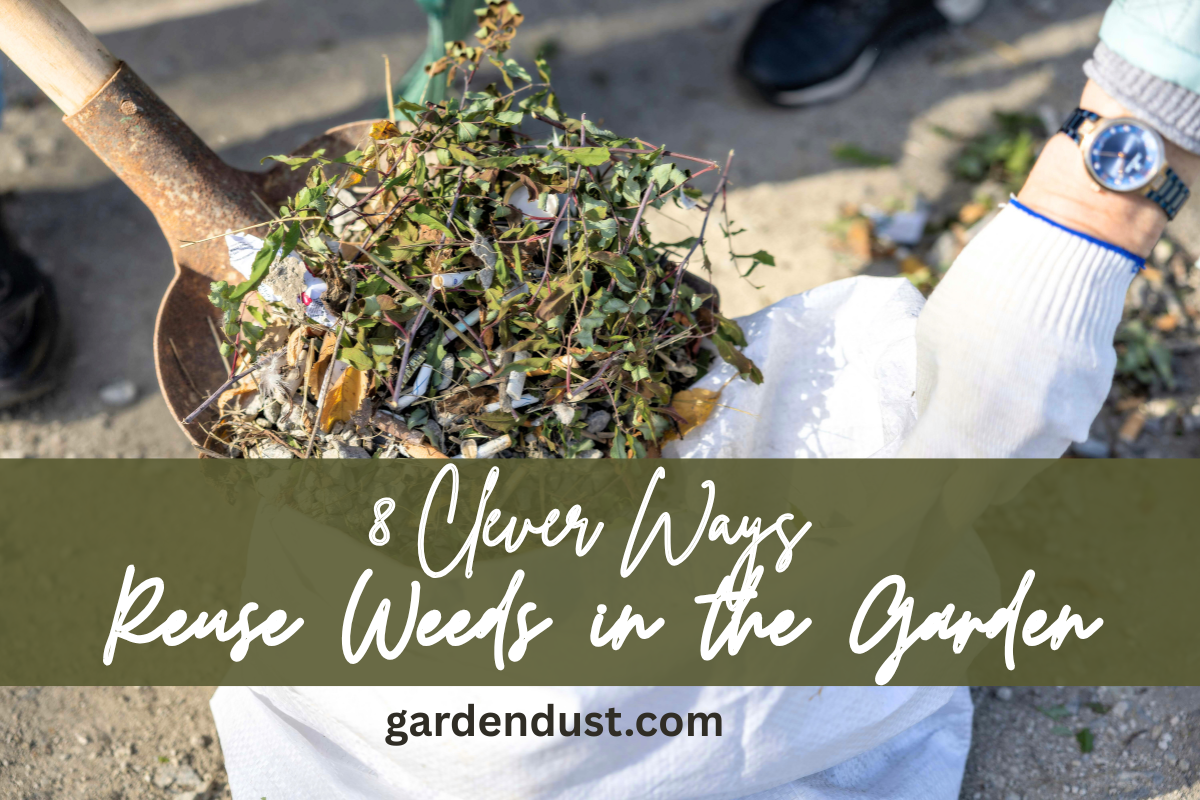For avid gardeners and outdoor enthusiasts, the allure of a vibrant garden teeming with life is undeniable. However, the presence of snakes can add an element of anxiety to the tranquility of your green space. While snakes play a crucial role in maintaining ecological balance, their presence can be unnerving for many. The good news is that nature provides us with a variety of plants that can act as natural snake repellents, helping you create a garden sanctuary free from slithering intruders. In this article, we will explore 11 Snake Repellent Plants For Garden, delving into their characteristics, growing conditions, and effectiveness in deterring these elusive reptiles. Let’s begin….
1. Marigold (Tagetes spp.)
Marigolds, with their vibrant blooms and distinctive scent, are not only pleasing to the eye but can also serve as effective snake deterrents. The strong aroma produced by marigold plants is known to repel snakes, making them an excellent choice for garden borders. These annual plants thrive in well-drained soil and require ample sunlight, making them easy to incorporate into various garden designs.
2. Mother-in-Law’s Tongue (Sansevieria trifasciata)
Also known as Snake Plant, Mother-in-Law’s Tongue is renowned for its air-purifying qualities and snake-repelling properties. This succulent plant features tall, upright leaves with a striking appearance. Mother-in-Law’s Tongue is hardy and can withstand a variety of conditions, including low light and minimal water requirements, making it a low-maintenance yet effective addition to your garden.
3. Wormwood (Artemisia spp.)
Wormwood, a perennial herb known for its bitter taste and aromatic foliage, is another plant that snakes tend to avoid. This plant contains natural compounds that act as a deterrent to snakes, making it a valuable addition to your garden. Wormwood thrives in well-drained soil and prefers full sunlight, making it suitable for a variety of garden environments.
4. Tulbaghia (Tulbaghia violacea)
Commonly known as Wild Garlic or Society Garlic, Tulbaghia is a fragrant herb that not only adds a delightful scent to your garden but also helps repel snakes. The pungent aroma emitted by Tulbaghia makes it an unappealing environment for snakes, encouraging them to stay away. This perennial herb is easy to grow, requiring well-drained soil and moderate sunlight.
5. West Indian Lemongrass (Cymbopogon citratus)
Lemongrass, popularly used in culinary applications, also boasts snake-repelling properties. The citrusy scent of West Indian Lemongrass acts as a natural deterrent, discouraging snakes from entering your garden. This tropical plant requires well-drained soil, ample sunlight, and warm temperatures, making it suitable for both outdoor and potted gardens.
6. Onions (Allium spp.)
Onions, a staple in many kitchens, possess natural compounds that make them effective snake repellents. Planting onions in your garden can help create an unwelcome environment for snakes. Onions thrive in well-drained soil and prefer full sunlight, making them a versatile addition to various garden designs.
READ ALSO:-How to Get Rid of Voles in the Yard
7. Garlic (Allium sativum)
Similar to onions, garlic is a potent snake repellent due to its strong odor and natural compounds. Planting garlic in and around your garden can help keep snakes at bay. Garlic is relatively easy to grow, requiring well-drained soil and full sunlight. Additionally, it adds a flavorful twist to your culinary endeavors while contributing to a snake-free garden.
8. Indian Snakeroot (Rauvolfia serpentina)
Indian Snakeroot, also known as Sarpagandha, has been traditionally used in Ayurvedic medicine and is believed to repel snakes due to its natural alkaloids. This perennial plant requires well-drained soil and partial sunlight. While primarily grown for its medicinal properties, Indian Snakeroot can also contribute to a snake-resistant garden.
9. Mugwort (Artemisia vulgaris)
Mugwort, a hardy perennial with aromatic foliage, is known for its snake-repelling properties. The strong scent emitted by Mugwort acts as a deterrent, discouraging snakes from entering your garden. This plant thrives in well-drained soil and can adapt to various light conditions, making it a versatile choice for snake prevention.
10. Nasturtium (Tropaeolum majus)
Nasturtium, with its vibrant flowers and peppery leaves, is not only an attractive addition to your garden but also serves as a natural snake repellent. The pungent odor released by Nasturtium can help deter snakes, making it a beneficial companion plant for your garden. This annual plant is easy to grow, requiring well-drained soil and partial sunlight.
11. Wintergreen (Gaultheria procumbens)
Wintergreen, a low-growing perennial with aromatic leaves, is known for its snake-repelling properties. The minty fragrance emitted by Wintergreen can create an environment that snakes find unappealing. This plant prefers acidic, well-drained soil and partial to full sunlight, making it suitable for gardens with varying conditions.
Final Thoughts-
Creating a snake-free sanctuary in your garden involves incorporating a variety of snake-Repellent plants that naturally deter these elusive reptiles. Marigold, Mother-in-Law’s Tongue, Wormwood, Tulbaghia, West Indian Lemongrass, Onions, Garlic, Indian Snakeroot, Mugwort, Nasturtium, and Wintergreen are among the many plants that can contribute to a garden environment that snakes find uninviting.
When planning your garden, consider the specific requirements of each plant, such as soil type, sunlight, and water needs. Combining these snake-Repellent plants strategically can enhance the overall aesthetics of your garden while providing a natural defense against unwanted slithering visitors. Embrace the beauty of nature by incorporating these plants into your garden, creating a harmonious space where you can enjoy the wonders of the outdoors without the worry of snake encounters. Happy Gardening….








Nice Article…Keep it Up…You can also write an article about marble uses in garden..